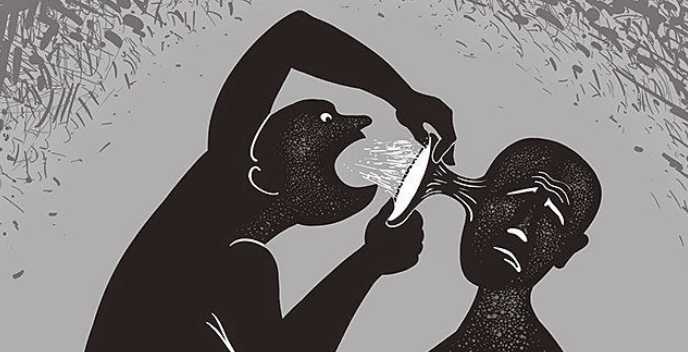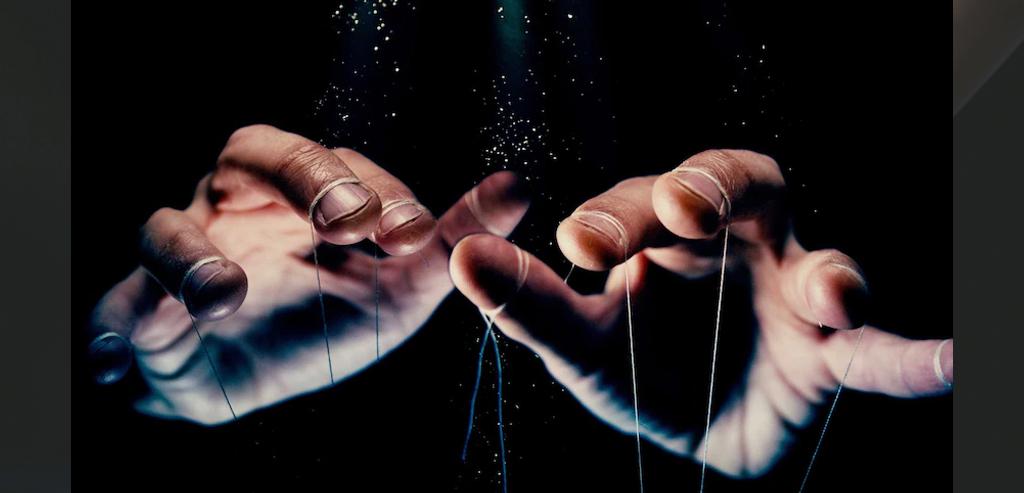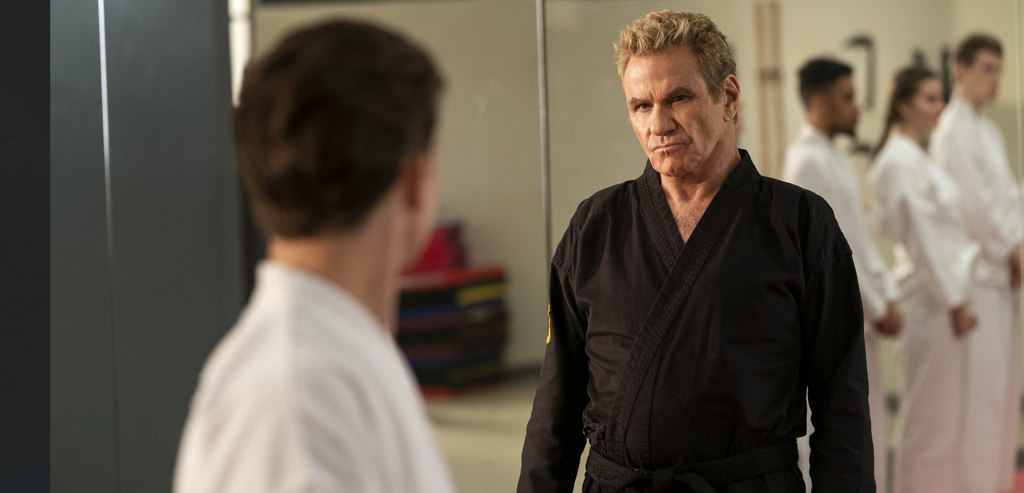Friendships are built on trust, respect, and mutual support. However, not all friendships are healthy, and some individuals may try to manipulate you for their own benefit. Recognizing the signs of manipulation is crucial for maintaining your well-being. Here are some red flags to watch out for and strategies to deal with manipulative people.
Recognizing Red Flags
- Conditional Relationships
A key sign of manipulation is when a friendship or relationship comes with strings attached. This means the person will only be your friend or significant other if you comply with their demands. For instance, they might say, “I’ll be your friend if you do this thing for me.” Such conditions are manipulative and undermine the foundation of a healthy relationship. - Gaslighting
Gaslighting is a form of psychological manipulation where the manipulator tries to make you doubt your thoughts, feelings, or perceptions. They might dismiss your concerns as irrational or convince you that your memory is faulty. This tactic is designed to sow self-doubt and confusion, making you dependent on their version of reality. - Possessiveness
While a bit of jealousy can be normal, extreme possessiveness is a red flag. A possessive friend may try to control who you spend time with and what you do. They might justify their behavior by claiming they are overprotective or that they care deeply about you. However, possessiveness often leads to controlling behavior that can isolate you from other supportive relationships. - Belittling
Belittling involves actions and remarks that make you feel inferior. This can include name-calling, criticizing you, or making fun of you in a way that hurts, even if it’s disguised as a joke. Over time, these behaviors can erode your self-esteem and confidence, making you more susceptible to further manipulation.
How to Deal with Manipulative People
- Be Confident
Maintaining your confidence is crucial when dealing with manipulators. Know your worth and don’t let someone else’s negative behavior diminish your self-esteem. Confidence can help you stand firm against manipulative tactics. - Communicate
Clear and assertive communication is essential. If someone’s behavior is making you uncomfortable, let them know. Use “I” statements to express how you feel without sounding accusatory. For example, “I feel disrespected when you criticize me in front of others.” - Set Boundaries
Setting and enforcing boundaries is vital. Let the manipulative person know what behaviors are unacceptable and what the consequences will be if they continue. Stick to your boundaries to protect your mental and emotional health. - Distance Yourself
If the manipulative behavior persists, it might be necessary to distance yourself from the person. Reducing contact can help you regain control and perspective. Surround yourself with supportive people who respect and value you. - Tell an Adult
If you’re younger or if the situation feels overwhelming, don’t hesitate to seek help from a trusted adult. They can provide guidance and support, and help you navigate the situation more effectively.
Recognizing and dealing with manipulation can be challenging, but it’s essential for your well-being. By being aware of the red flags and taking proactive steps to protect yourself, you can ensure that your friendships and relationships are healthy and supportive. Remember, you deserve to be treated with respect and kindness.




